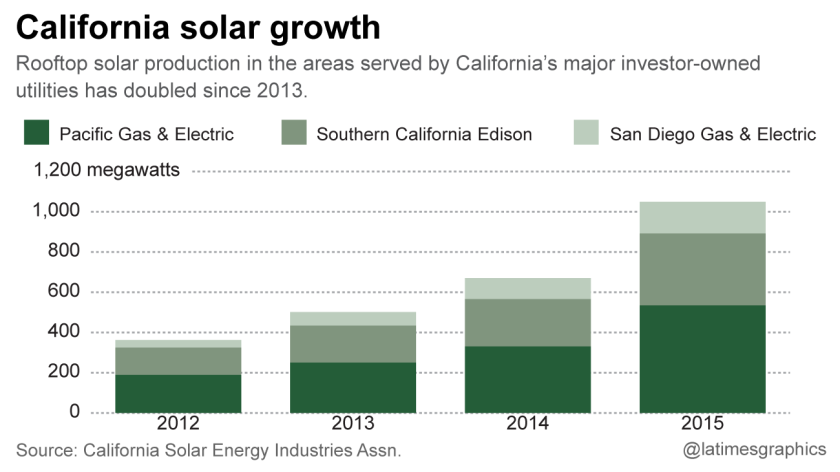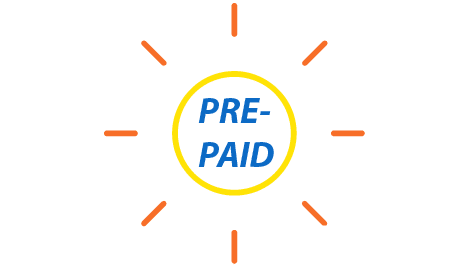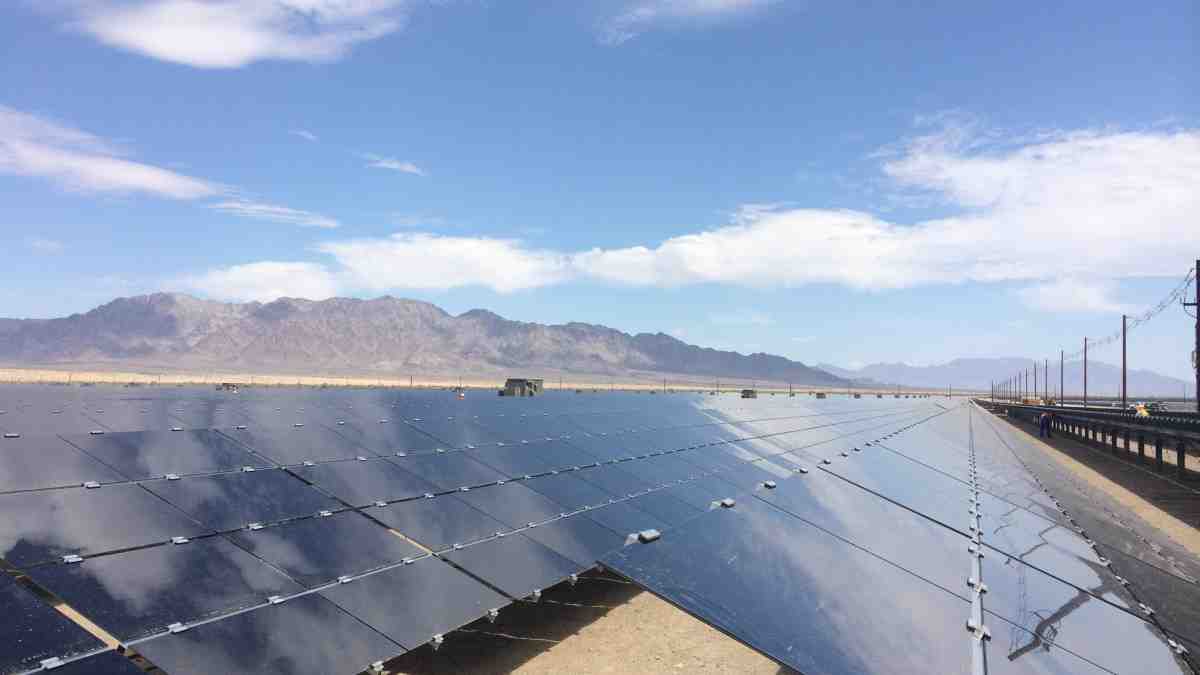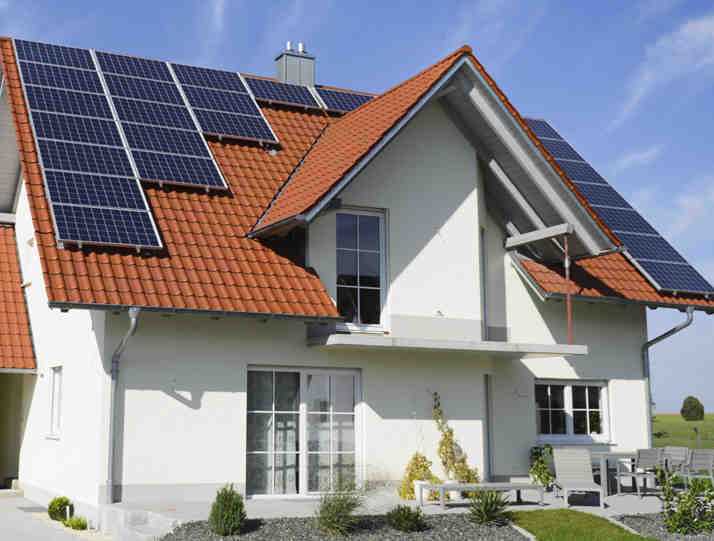Contents
How much does it cost to lease solar panels in California?
The average rental price of solar panels ranges from about $ 50 to $ 250 per month. A solar energy system is something that many homeowners can buy or rent to achieve energy savings and reduce energy bills in your home.
How long is a solar lease?
Solar leases and PPAs generally last 20 or 25 years, when you can renew your contract or purchase the system directly at market price.
Can you buy solar panels and install them yourself?
Can you install solar panels yourself? The short answer is ‘yes’, but there are some serious drawbacks if you go it alone. Installing solar panels is not as simple as installing lighting fixtures or replacing a water filtration system.
What are the pros and cons of leasing solar panels?
Lease: Basically renting a solar system from a third party.
- Pros. There are no upfront costs. Repairs included. Maintenance included. fixed predictable monthly payments.
- Cons Not so much savings compared to buying. A typical contract for 20 years.
Does SDG&E pay you for solar power?

SDG & E does not offer solar incentives for every homeowner. However, the California Solar Initiative has two discount programs for which low-income households can qualify in the SDG & E service area: affordable single-family solar housing (SASH) programs and affordable multi-family solar housing programs (MASH).
Does solar make sense in San Diego?
Generating electricity of up to 1,650 kWh per year per 1 kW of top-notch DC solar panels makes San Diego a very attractive place for solar panels. … In California, the most important incentives are the federal tax credit of 26% and the NEM 2 Net Measurement Act passed by the California PUC.
How much does it cost to install solar in San Diego?
Given the size of the 5-kilowatt (kW) solar panel system, the average solar installation in San Diego, California ranges from $ 12,028 to $ 16,272, and the average gross price of solar power in San Diego, CA is $ 14,150.
What happens if I pay Sdge late?
The monthly fee for late payment, equal to the approved refund of the SDG & E interest base, divided by 12 and rounded to the nearest tenth of one percent, can be estimated on accounts for non-residents with payment of arrears if not received by the utility company, or by an authorized representative of the utility company. companies, to & quot; late billing date & quot; as …
Are solar panel leases worth it?

Renting solar panels for your home is not a good idea from a financial perspective. We simply do not recommend it. In most cases, you will save a lot more money in the long run by exploring other financing options such as an FHA Title 1 loan or a traditional loan from your personal bank.
What happens at the end of a solar lease?
What happens at the end of the contract? At the end of your initial lease, your options may include renewing your solar lease for one to ten years, upgrading to a newer solar panel system, and signing a new contract or removing the system.
Is it harder to sell a house with solar panels?
According to a recent Zillow report, houses with solar panels sell on average 4.1% more than comparable houses without solar energy in the United States. A study conducted by Berkeley Lab also found that homes with solar panels sell faster than those without them.
Why Leasing solar is a bad idea?

Here are the main reasons why solar leases are a bad choice for most people: Solar leases and PPAs usually have an escalator clause that raises the price of your electricity by a fixed amount each year. You could end up paying more for electricity than if you didn’t go for solar at all.
Is Zero Down solar worth it?
If you prefer to distribute your solar payment over a long period of time, a zero-down option might be right for you. However, if you are willing to spend some money in advance, you are likely to save more money over the 25-30 years of your solar panel’s life by not going for solar energy.
How do people afford solar panels?
Funding opportunities
- Electricity purchase agreements (PPAs) and solar leases are two other financing options. …
- Other financing options include loans, energy-efficient mortgages, and a solar community where the community or a third party owns a solar system, and nearby homeowners can pay to get energy from it.
What is the federal tax credit for solar in 2020?
In December 2020, Congress passed an extension of the ITC, which provides a 26% tax credit for systems installed between 2020 and 2022. And 22% for systems installed in 2023. (Systems installed before December 31, 2019 were eligible for the 30% tax credit.) The tax credit expires starting in 2024, unless Congress renews it.
Sources :


